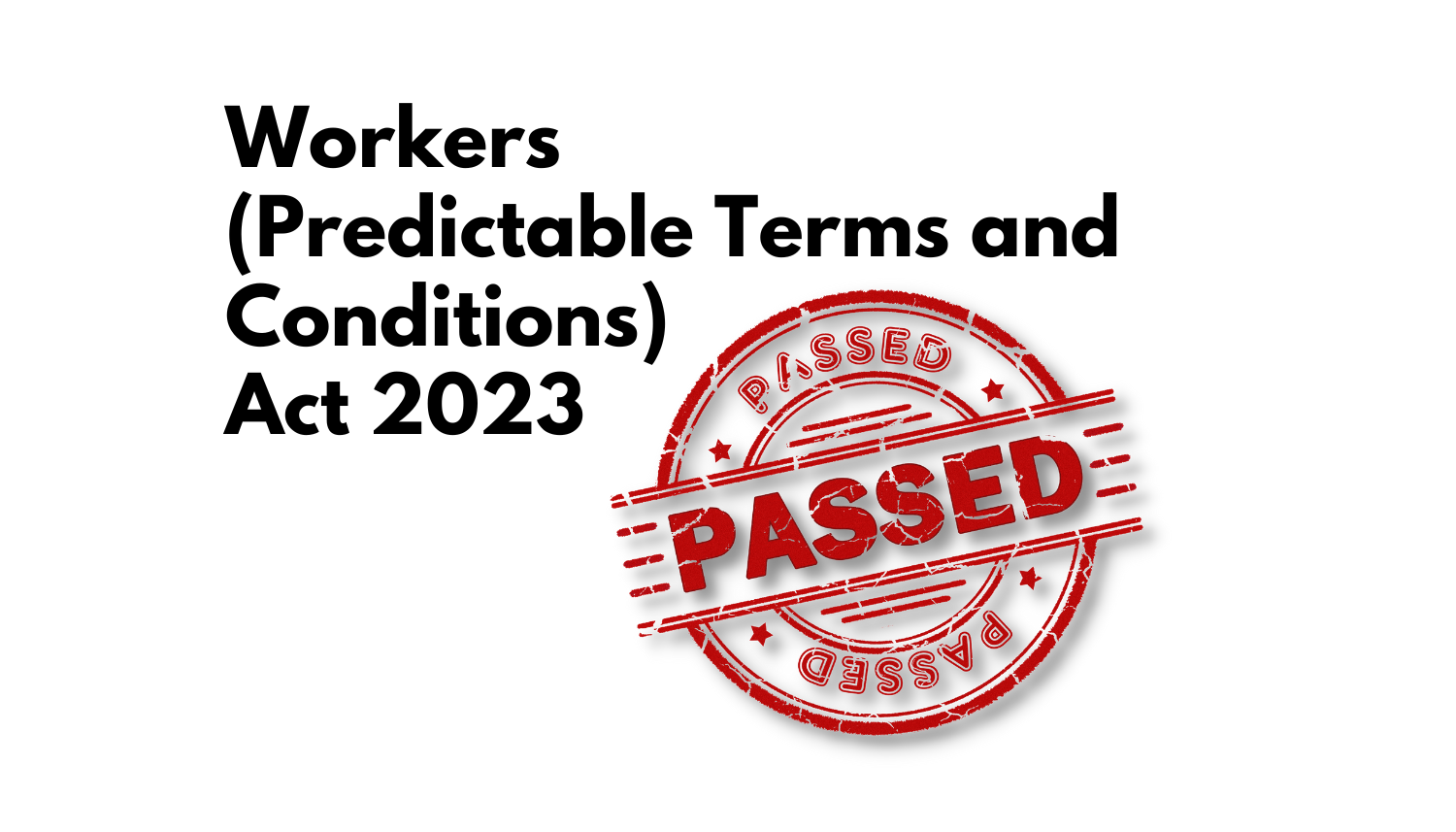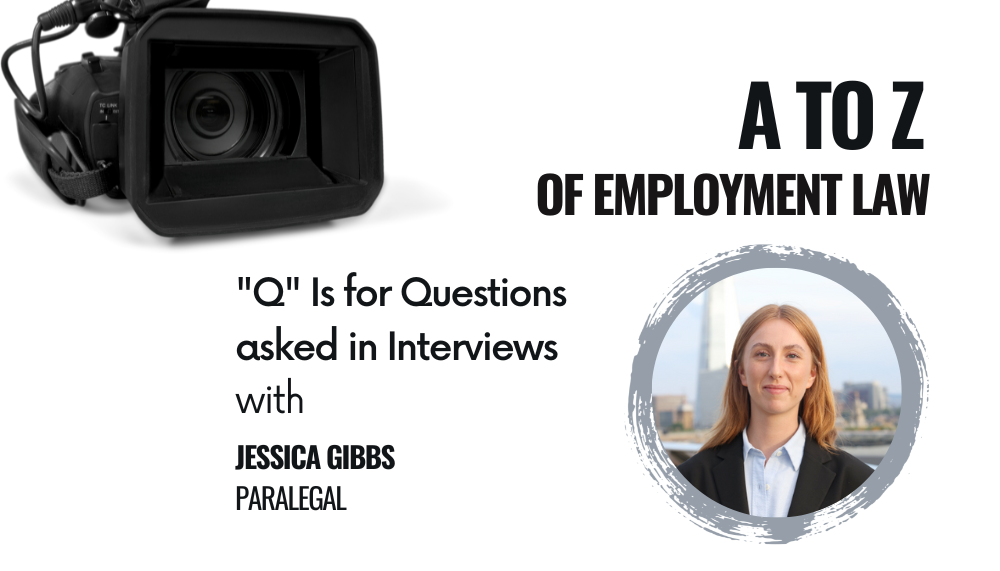
Jones Chase Employment Lawyers – “G” is for Garden leave
In this video, Jessica discusses garden leave – what it is, why it is used, and the effect it has on the contract of employment.

If you would like to learn more about Jones Chase Employment Lawyers and find out why we love what we do, our Managing Partner has made this short podcast discussing our values and doing the right thing.

In this video, Jessica discusses garden leave – what it is, why it is used, and the effect it has on the contract of employment.

Christmas Special Employment Webinar recording, an in-depth review of key employment law developments from 2023 from the team.

The Government has announced the new rates of the National Living Wage and the National Minimum Wage which will come into force from April 2024.

In a recent podcast with Adam Hopkinson, Dean Jones, our Managing Partner, opens up about his journey, sharing stories of successes and challenges, whilst explaining his motivation behind why he chose to set up Jones Chase.

The Government has published its response to the consultation of ‘Retained EU employment law reforms’. The original consultation was seeking views on reforms to the Working Time Regulations (WTR) 1998, holiday pay and the Transfer of Undertakings (Protection of Employment) Regulations 2006 (TUPE). The consultation ran from 12 May to 7 July 2023.

There is a statutory obligation on employers to provide their employees and workers with a written statement of employment particulars as listed in section 1 of the Employment Rights Act 1996. These essential particulars are referred to as a “section 1 statement” and will often appear in a contract of employment.

On 20 July 2023, the Employment Relations (Flexible Working) Bill received Royal Assent. This will result in several changes to the current flexible working regime through the Employment Relations (Flexible Working) Act 2023:

On 18 September 2023, the Workers (Predictable Terms and Conditions) Act received Royal Assent. Due to come into force in around a year’s time, the Act will amend the Employment Rights Act 1996 to give certain workers, agency workers and employees a new statutory right to request a predictable work pattern if they meet the following criteria:

It is important that all stages of recruitment are carried out in a fair and non-discriminatory manner. This video presents some of the legal issues to consider when preparing and asking questions at the interview stage of a recruitment process.

A good culture within the workplace produces a variety of benefits which are seen by both the company and the employee. Organisations are continually striving to improve their workplace culture and individuals consider culture as a key factor in determining their next role. This article looks at the importance of a good culture within the workplace for employers and some tips on how to improve it.